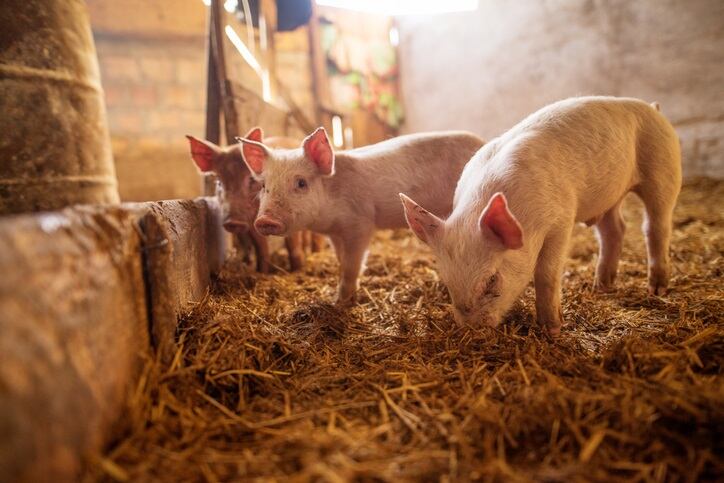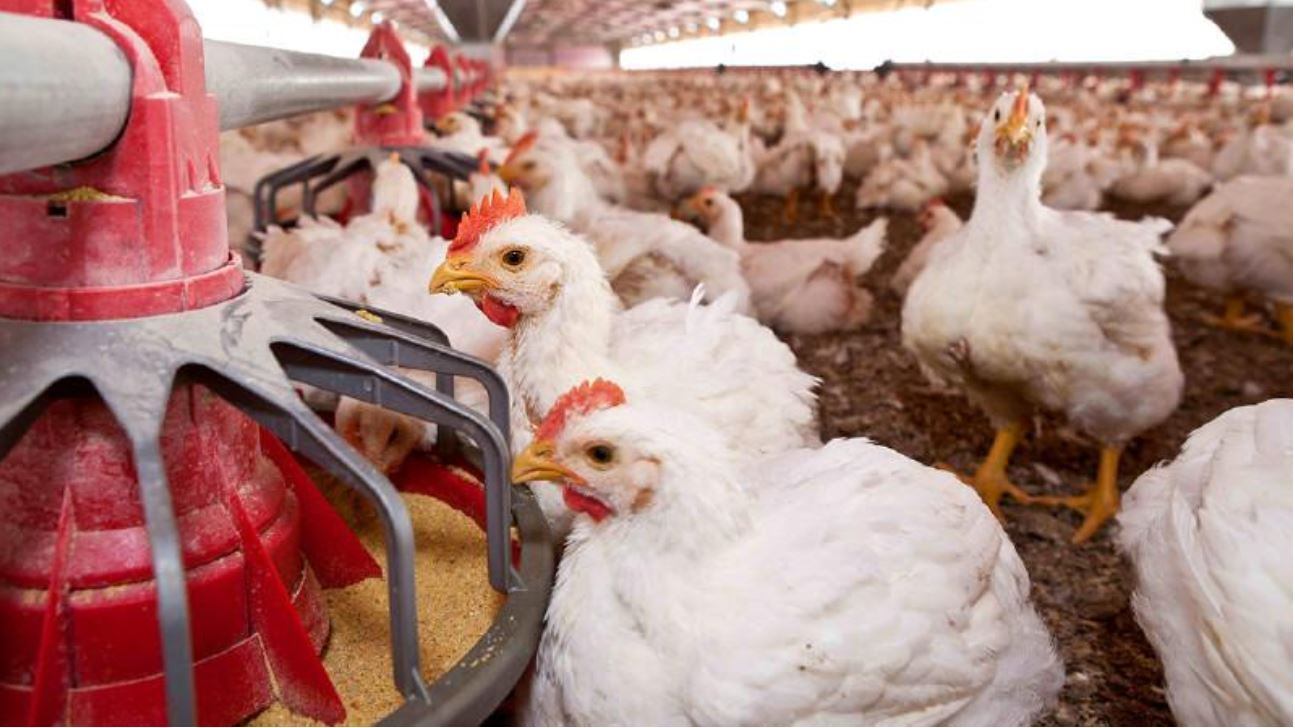“This is an unusual, perhaps unprecedented time for the protein industry. In my 39 years in the business, I’ve never seen an event that has the potential to change global protein production and consumption patterns as African swine fever does,” Tyson Foods President and CEO Noel White told financial analysts May 6 during the firm’s second-quarter earnings call.
He explained that while “much is uncertain where ASF is concerned,” Tyson has been “proactive in our preparedness as a global business and is in a strong financial position that affords us the agility and opportunities that few other companies have.”
As such, he said, “we expect the impact of ASF to be positive for Tyson.”
Specifically he explained that pork prices have already started to move in reaction to ASF. So far, most of this has been related to hog prices, but when product is produced on a large scale for China, most of it will come from the US and at that point “prices are expected to escalate fairly rapidly” – most likely in Q3 and Q4.
He also said he expects that in the face of higher pork prices, consumers will turn to chicken and beef – subsequently lifting those businesses, too.
While White is optimistic about the benefits to Tyson of ASF, the company’s forecast for the current fiscal year does not include any potential impact from the outbreak as executives said they did not have clarity on when the impact might occur. However, White added, he expects to see the financial benefit in late 2019 or later.
At that time, “we are well positioned to be agile and meet customer and consumer needs internationally and domestically,” he added.
Tyson will not go completely unscathed from the outbreath, though, White said. He noted a worldwide decrease in pork supply would “put pressure on our prepared foods business by increasing raw material costs.”
However, White said, this impact will only be on short-term basis as in time the company will pass long the increased cost, “but there is a timing issue.”
With this give and take in mind, Tyson maintained its annual outlook of $43 billion in sales and adjusted earnings of $5.75-$6.10 per share, even though it beat earnings estimates by 5 cents to reach $1.20 per share under adjusted earnings for the quarter, which ended March 30.
Overall sales for the quarter reached $10.4 billion, up from $9.8 billion a year ago, and ahead of the analysts’ prediction of $10.3 billion.
Industry should prepare for the worst
Despite the potential upside for Tyson Foods from the disease for now, it also poses a serious threat should is spread to the US, White warned.
He explained, “The situation is fluid and fast-moving, but we’re working with others in the industry, government agencies and producers to prepare in the event ASF spreads to North America.”
While the disease has not yet crossed to the US, White said, “the threat is real, and I do think there is a distinct possibility it could come to the United States, and we need to be prepared for that” from a regulatory standpoint.
To do so, he suggested, the government and industry need to draw on the lessons learned during the avian flu crisis a few years ago.
In that case, he said, “the industry and government quickly mobilized. We need to take that as a lesson and use that in the case that it does come here as well as in a trade standpoint … In talking with our trade partners about regionalization and the fact that it doesn’t matter if it’s in the United States or within Europe or any other country.”
He added, “We do have meetings that have and continue to take place with industry associations, with the government as well as those in the pork business. So, there is a coordinated effort that has been underway for the last 60 days or so.”
According to the US Department of Agriculture, swine fever could be devastating to US livestock producers as there is no treatment or vaccine available – making depopulation of affected and exposed swine herds the only way to stop the spread of the disease.




